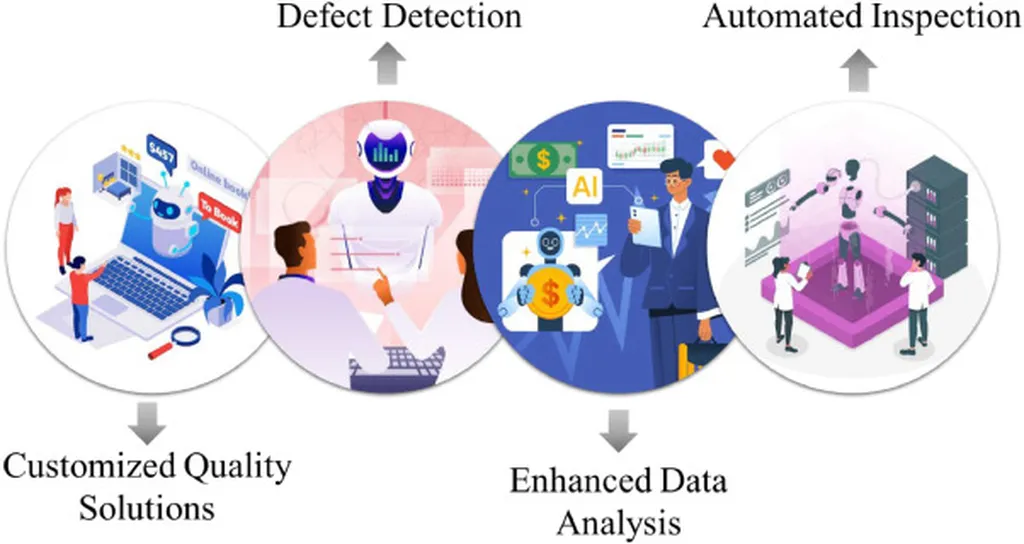In the rapidly evolving landscape of food safety and inspection, a groundbreaking study published in the *Italian Journal of Food Safety* is paving the way for the integration of advanced technologies like the metaverse, artificial intelligence (AI), and smart tools. Led by Claudio Gallottini of ITA Corporation, the research explores how these innovations can revolutionize inspection processes, making them more efficient, timely, and transparent.
The study, which has been ongoing since 2018, is divided into three pilot phases, each building on the successes of the previous one. The first pilot, conducted in collaboration with Google (Eyesucceede) and NSF International, focused on data collection and digital audits in food environments using GFSI standards. This phase involved 16 industries and the Parma Local Health Authority, led by Dr. Marco Pierantoni.
“The initial phase was crucial in demonstrating the potential of digital audits,” said Gallottini. “We saw significant improvements in data accuracy and the speed of inspections, which are critical for maintaining food safety standards.”
The second pilot, carried out in 2021 with Evolus (a Microsoft partner), involved the Parma and Latina Local Health Authorities and Assolatte in Lombardy. This phase tested cloud tools and immersive interfaces for remote auditing and training, further enhancing the efficiency and reach of food safety inspections.
The third and current pilot, ongoing since 2024 in collaboration with Hevolus Innovation, is exploring the integration of the metaverse, AI, and smart devices in real-world contexts. This phase is applying these solutions to food industries, livestock farms, and agricultural businesses, showcasing their direct applicability even in complex supply chains.
The results of these experimental cycles have been promising. AI has shown increased predictive and diagnostic capabilities through the analysis of images, videos, and operating parameters. Immersive metaverse environments have improved training and inspection simulations, while smart devices and IoT sensors have enhanced the efficiency and traceability of checks, even in remote areas.
“These technologies are not just theoretical; they are already making a tangible difference in the field,” Gallottini emphasized. “The integration of the metaverse, AI, and smart tools represents a concrete frontier for digital inspection in food supply chains 5.0.”
The study highlights significant advantages in terms of timeliness, training effectiveness, reduction of inspection times, and greater transparency. However, it also underscores the need for a clear regulatory framework, shared guidelines, and investment in training and innovation for both public and private operators.
As the agriculture sector continues to evolve, the integration of these advanced technologies could have profound commercial impacts. From improving supply chain transparency to enhancing training and inspection processes, these innovations could lead to more efficient and safer food production practices. The research published in the *Italian Journal of Food Safety* by lead author Claudio Gallottini of ITA Corporation is a significant step forward in this direction, offering a glimpse into the future of food safety and inspection.
The findings suggest that the agriculture sector could benefit greatly from these technological advancements, potentially leading to increased productivity, reduced costs, and improved food safety standards. As the industry continues to embrace digital transformation, the integration of the metaverse, AI, and smart tools could become a standard practice, shaping the future of food safety and inspection.

